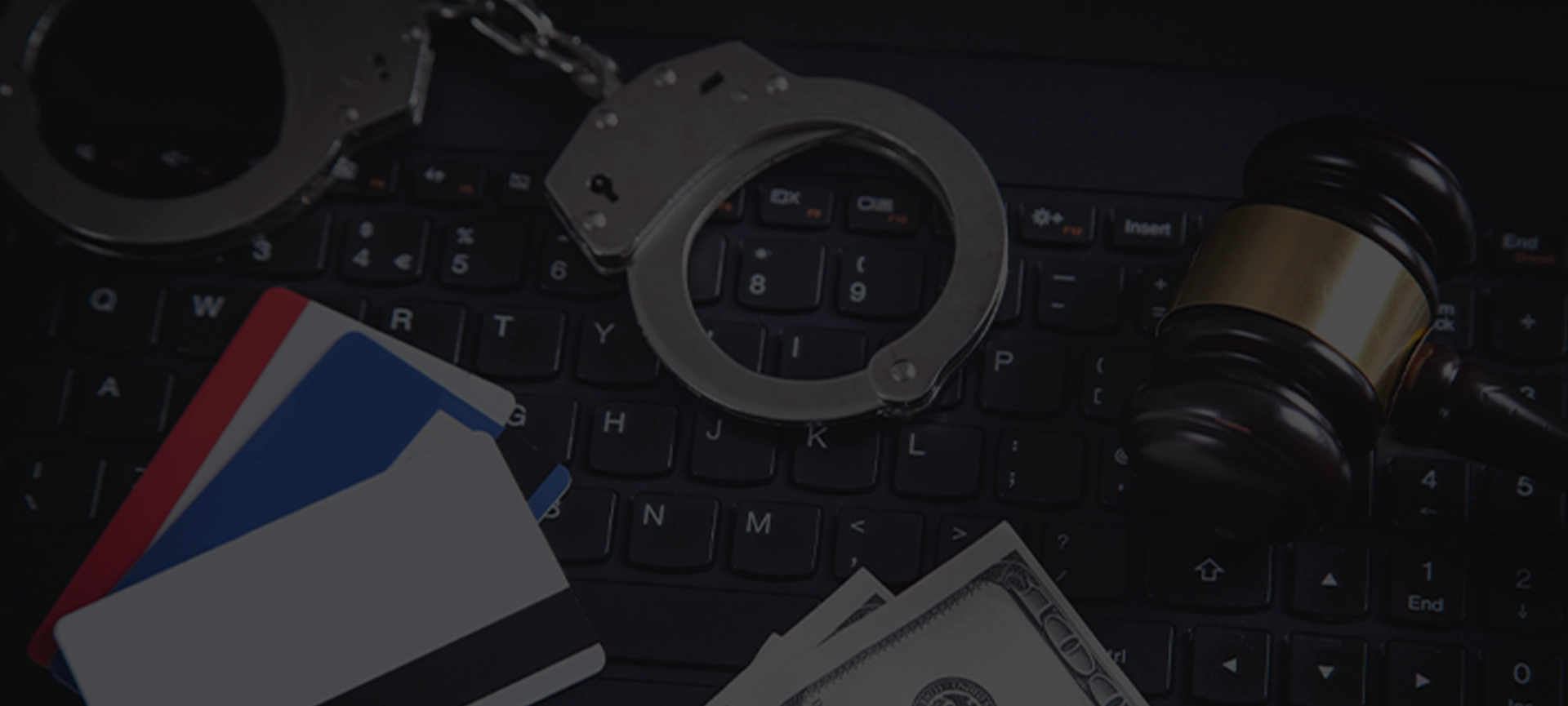Fraud is a financial crime that can cover a wide range of different activities. It is typically defined by actions to secure an unfair and unlawful financial gain. The consequences of a fraud conviction can be severe, and having a robust legal defence is vital.
It’s important to understand the different types of fraud charges and the implications of them. We’ll look at these, before switching our attention to the legal defences available to you. Read on for all you need to know about understanding fraud charges in Canada.
Common Types of Fraud Charges in Canada
Fraud charges in Canada can arise from a wide range of various activities but they will generally fall into one of these categories.
Credit Card Fraud – This involves the unauthorized use of someone else’s credit card information to either make purchases or obtain funds. This includes obtaining credit cards but obtaining information through phishing schemes and skimming devices.
Mortgage Fraud – Here the criminal would have misrepresented income to either secure a loan or defraud lenders. This can include inflating income, falsifying records, or using false appraisals. Due to the money involved, this can be treated very seriously.
Investment Fraud – This includes an array of schemes designed to deceive people into investing in fraudulent activity. The classic example is a Ponzi scheme whereby payments to earlier investors are paid using capital from new investors.
Insurance Fraud – Similar to mortgage fraud, this happens due to providing false information. However, this time, it’s for the purpose of receiving benefits or compensation from a policy. This could be from staging accidents, inflating claims, or many other methods.
Tax Fraud – Tax fraud is a well-known criminal activity of finding illegal ways to avoid paying the taxes you owe. This can be done through the likes of underreporting income, adding fake expenses, or hiding money in offshore accounts.
Identity Theft – This involves using someone else’s identity to commit fraud. This doesn’t just lead to financial loss for the victim, but a wide range of other consequences. With the rise of digital transactions, this has become much more common in the last few decades.

Legal Defenses Against Fraud Charges
If you find yourself facing fraud charges, there are usually things you can do to fight it. Each case is unique, and the prosecution can face many challenges in proving their argument. Here are some of the most common legal defences.
Lack of Intent – For fraud to have been committed, there needs to have been an intent to deceive. It can be argued a person had no intent to commit fraud. An example could be someone underreporting their income through an honest mistake rather than a deliberate intention to lower their tax liability.
Mistake of Fact – This applies when the defence can argue the defendant genuinely believed their actions were lawful based on a misunderstanding of facts. An example could be someone charging for a service when it wasn’t actually a part of the contract.
Entrapment – Entrapment happens when a member of law enforcement induces a person to commit a crime they otherwise wouldn’t have committed. If the defendant was coerced or manipulated into committing a crime, this can be a solid defence.
Insufficient Evidence – Another way to defend against fraud cases is to simply claim there isn’t enough evidence for a conviction. The burden of proof lies with the prosecution and if the defence can shed uncertainty on the case, it may not meet the threshold for reasonable doubt.
Consent – In some cases, the defendant may argue the alleged victim consented to the actions in question. An example could be where the defendant agreed to unusual payment terms with the accuser such as receiving goods in return for a service provided.
Consequences of a Fraud Conviction
The consequences of a fraud conviction can be severe but wide-ranging. The type and severity of the fraud play a huge role in the sentence and here are the potential penalties:
Fines – Fraud cases are split into whether the fraud committed was under or over $5,000. If under, then a fine of up to $5,000 is possible.
Restitution – A restitution order may be given whereby the offender is required to reimburse a person or company for financial losses.
Imprisonment – For serious fraud cases, imprisonment becomes much more likely. Lengthy sentences can be given, with the maximum being 14 years for the most severe cases.
Criminal Record – Along with the punishment will be a criminal record. This can impact employment opportunities, travel, and other areas of your life.
What to Do if You Are Charged with Fraud
Being charged with any crime can be a shock, especially one that can ultimately shift the foundations of your life. Here are some steps to consider:
Seek Legal Counsel – Your first port of call should always be to seek out an experienced criminal defence lawyer. They will review the case and outline potential strategies.
Avoid Self-Incrimination – You shouldn’t be discussing your case with anyone other than your lawyer. Anything you say can be used as evidence.
Gather Evidence – Collect any evidence that may be relevant to your case such as receipts, documents, and contracts. Other evidence such as correspondence or witness information can also be vital.
Understand Your Rights – You have the right to remain silent and to a fair trial. Some may try to trick you into forgetting these rights but remember to be vigilant.
Related Article: https://www.agpllp.ca/how-to-choose-a-criminal-defence-lawyer-in-ottawa/

Final Thoughts
Hopefully by now, you have a better understanding of the types of fraud out there and the legal defences available should you be charged. The implications of a fraud conviction can be huge, and you need to do everything to fight your corner.
The biggest part fighting these charges is finding a legal counsel who would be happy to advocate on your behalf. Here at AGP LLP, we have a proud track record of being there for our clients. Contact us today to see how we can help with your case.





